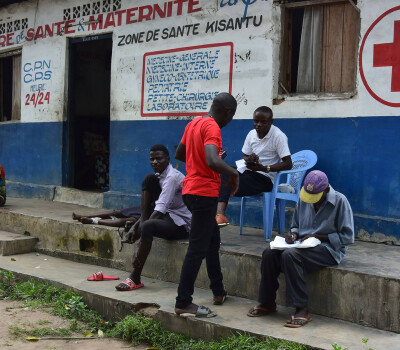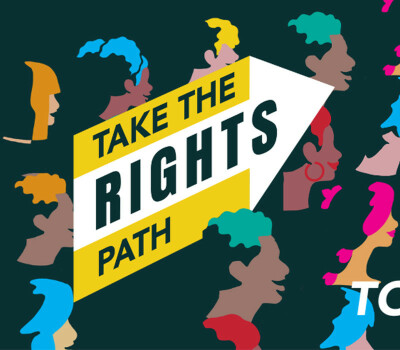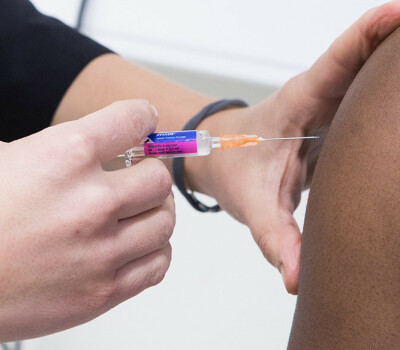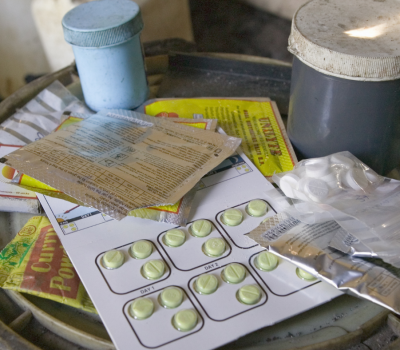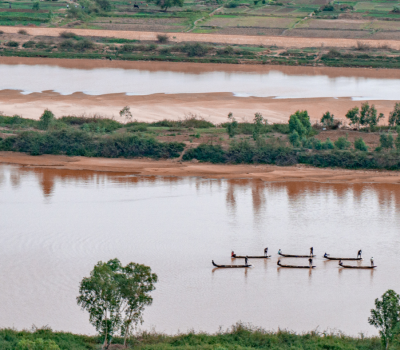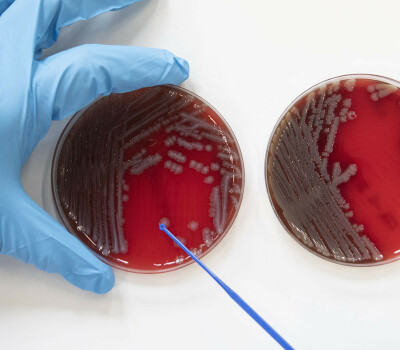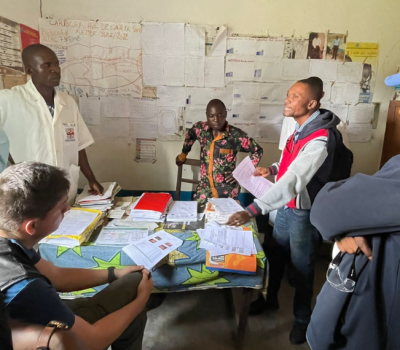The hidden crisis of children without access to pain therapy
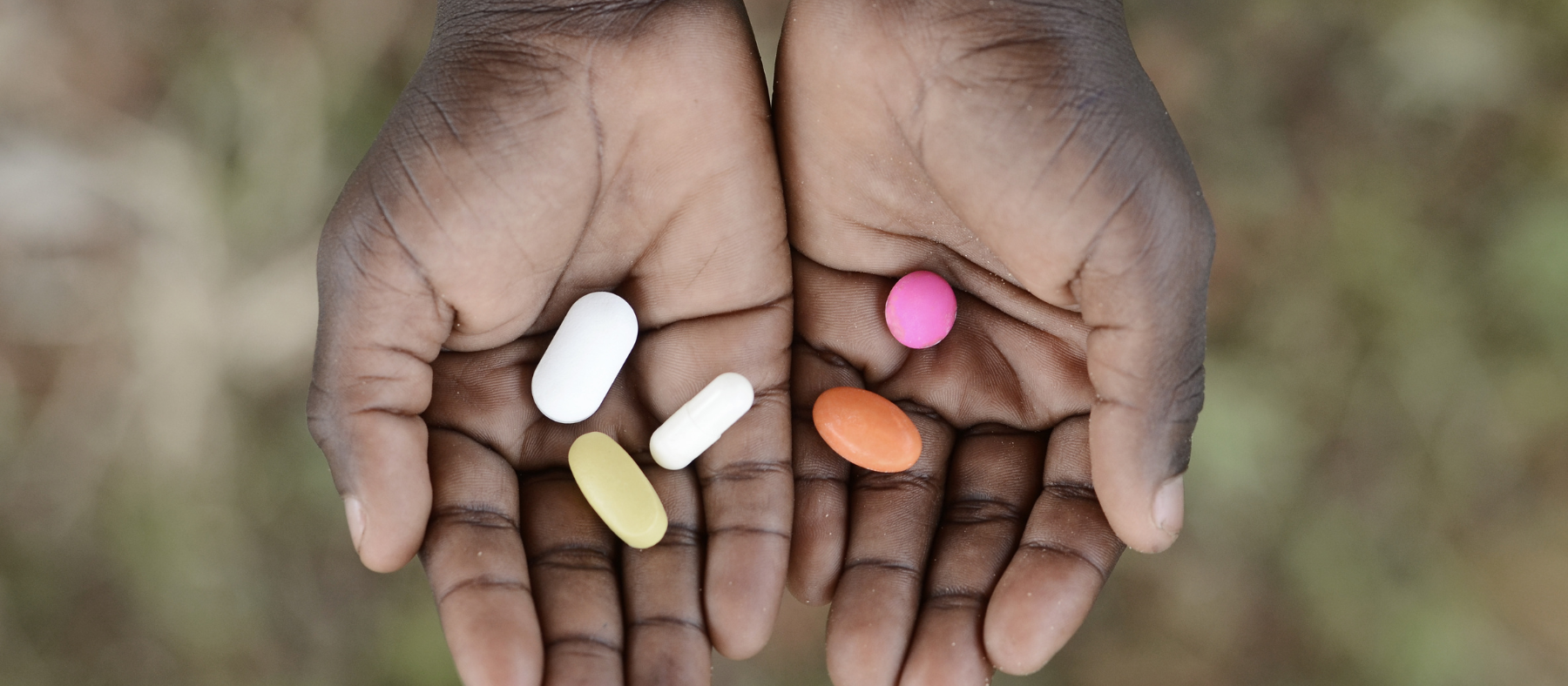
According to the World Health Organisation, the enjoyment of the highest attainable standard of health is one of the fundamental rights of every human being. To achieve it, everyone must have access to all needed essential medicines and vaccines. Yet this right is still denied for at least two billion people, mainly in middle- and low-income countries.
Much has been said about the global imbalance between the 'North' and 'South’ of the world in terms of access to medicines and vaccines for preventable or treatable infectious diseases, such as AIDS and COVID-19. But the striking imbalance in access to opioid analgesics, such as morphine, is generally ignored. These medicines are essential for relieving severe pain, whether in surgical, oncological, palliative or emergency care, or to meet the acute needs of the wounded in the midst of war or natural disaster. However, most of those who need these medicines do not have access to them. The World Health Organisation, in the report "Left behind in pain" published in 2023, confirmed that 80% of morphine for medical use is used in Europe and North America, while the remaining 20% is seriously insufficient to meet the needs of patients in the rest of the world. This lack of access is due to several causes, including the lack of training and the weakness of certain local pharmaceutical systems, but it is also a collateral effect of the so-called 'war on drugs': very restrictive control policies are often adopted for medicines subject to abuse and illegal use, thereby reducing or preventing access for legitimate and urgent medical reasons.
For example, a study carried out by the Institute of Tropical Medicine in Antwerp, the Congolese NGO Pallia Familli and the Congolese Agency for Pharmaceutical Regulation (ACOREP) revealed serious shortcomings in the availability of morphine in the Democratic Republic of Congo (DRC). Morphine is often not available in DRC hospitals, and patients’ families must look for it elsewhere. If they find it, they may have to pay relatively high prices in the private sector, or they risk to buy poor quality formulations on the informal market. The situation could be even more serious for children. In the DRC, many children suffer from sickle cell anaemia, a genetic disease that is widespread in sub-Saharan Africa. The DRC has the highest number of sickle cell patients in the world, generally affected by the 'Bantu haplotype', that is the most severe clinical form. These patients are struck by haematological crises that often require transfusion, by a high susceptibility to infections, and by vaso-occlusive crises that cause intense pain. Pain often requires immediate recourse to strong analgesics, and morphine remains the gold standard, but little is known its availability and proper use in children. Acknowledging the moral imperative to address the needs of these children, the Belgian Development Cooperation will fund a new research in 2024, also entrusted to the Antwerp Institute of Tropical Medicine (ITM), Pallia Familli and ACOREP, to investigate the availability and access to morphine for children with severe pain in the DRC. The results of the research will hopefully guide a review of the national policies on regulation, supply, prescribing and clinical follow-up, so as to enable adequate and timely pain therapy for children.
Also outside the DRC, the problem of (the lack of) access to strong painkillers is generally neglected by the donors active in global health, who generally give priority to disease prevention and treatment, losing sight of a holistic vision of people and patients. Belgium , on the other hand, tries to address the need for pain therapy, particularly in Africa, locally by training healthcare staff and supporting research, and internationally by promoting equitable access in global health forums, and by mobilizing stakeholders who represent the views of the relevant international authorities, as well as international and European civil society organisations. For example, in the DRC there is a very active collaboration across the Federal Ministry of Health, the ITM, Pallia Familli ACOREP and some young Congolese researchers, supported by experts such as the Ambassador Ghislain D'Hoop, former Chairman of the 65th session of the United Nations Commission on Narcotic Drugs.
In this context, an event was held in Brussels on 14 and 15 November, organised by the Department of Public Health and by the Belgian Development Cooperation, with the support of the United Nations Office on Drugs and Crime.
Spread the word! Share this story on
